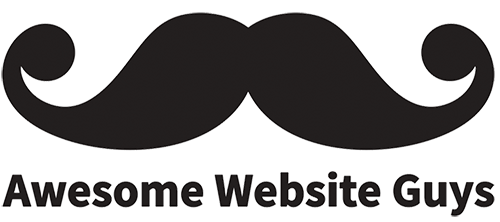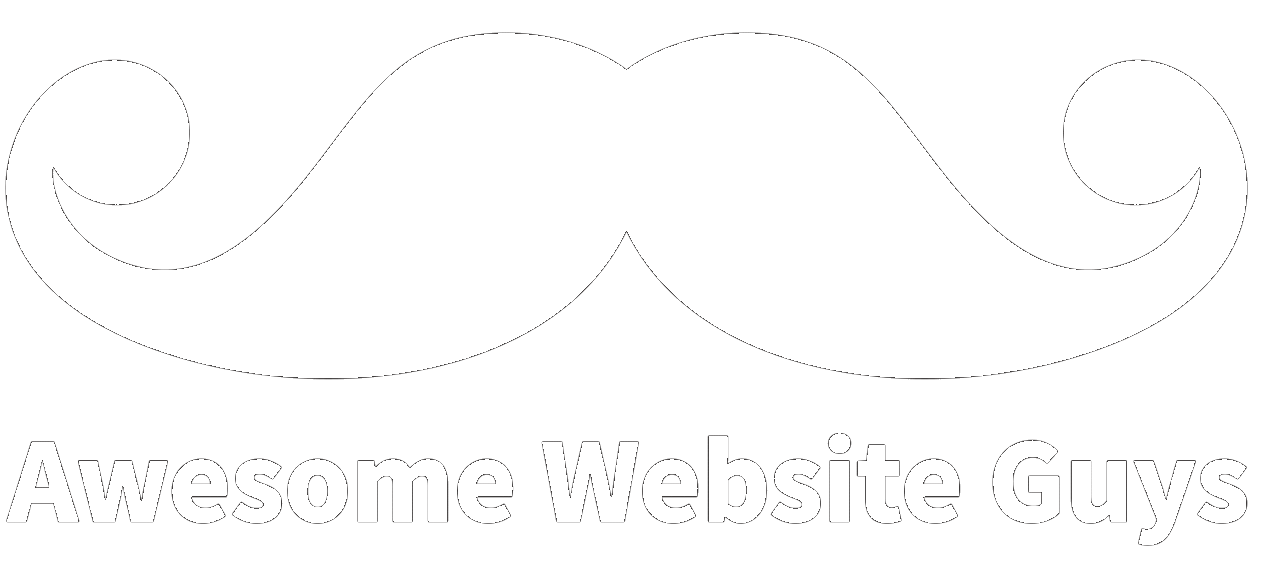In last week’s article, we discussed the many benefits of having a podcast as business owners. This is an excellent way to build high-quality content for your target audience that prefers to listen, rather than read. Podcasts are a popular content form for driving to work, working out, cleaning, and/or working remotely. If you are interested in starting your own podcast, keep reading for some basic guidelines to get started.
How to Start a Podcast for Your Business
Plan
Like any type of content, it’s vital to have a realistic plan for what you will focus on, your name, style, format, length, and so on. Since it’s impossible to produce content about everything for everyone, it’s important to focus on content for your target audience. This will most likely relate directly to your niche market, such as web development, cybersecurity, or health care.
Choose a Specific Topic
Your podcast topic should be about your niche, which makes it easier to build out episodes that appeal to your target audience. If you have expertise on this topic, this will help you create a solid podcast series that lasts at least for a few months. For example, instead of talking about web development, you could discuss WordPress website development videos for beginners. This will allow you to create episodes within that topic and still have a lot of content to cover overtime.
Choose a Name for Your Podcast
As for your podcast name, it’s a good idea to choose something that is broader than your topic. This allows you to easily expand your podcast content without feeling like you are boxed into a limited range of topics. For instance, you may prefer a name that allows you to write about different CMS (content management systems), rather than just one website builder platform. Consider the difference between “The WordPress Gurus” versus “The Website Developer Experts.” You could choose the first one, but it would limit your scalability in terms of content about other platforms. You can still focus on WordPress with the second name option, but also expand your podcast series, so it doesn’t get boring.
Pick Your Style, Format, and Length
After choosing your topic and name, it’s time to decide your style, format, and length. Your podcast style may be to do solo episodes or share the spotlight with a co-host. Another popular option is to conduct interviews with guest speakers from other podcasts. Podcasts make it fun to play around with content ideas and try new things to engage with your listeners.
As for format, podcasts vary in how they are organized. Here is a general guideline to consider for your podcast series. Remember that for every podcast episode, you will have new and existing listeners. Just like with YouTube videos, it’s important to introduce yourself and give an intro of what your content is about and the value it offers to your target audience.
- Teaser
- Intro music
- Welcome message
- Advertisement
- Topic discussion
- Call-to-action (i.e. visit our website for more podcasts)
- Outro music
As for length, this all depends on your content and style. Podcasts can range from 10 minutes to 5 hours. It just depends on the content, style, and target audience. In general, a happy range is 25 to 30 minutes, which is around the average commute time for people. Remember to stay on-topic, so you can maintain your audiences’ interest and encourage them to explore your site, sign up for your content, or make a purchase.
Prepare
Once you have planned out your podcast idea, the next steps involve creating the podcasts. This may take a lot of work in the beginning, especially if you are brand new to podcasting. As you gain experience, you will find that it’s easier to come up with episode ideas.
Create Cover Art
Did you know that your cover art is the first thing your target audience will see when browsing your podcast selection? If you aren’t design savvy, consider hiring a design expert to create a personalized cover art image for your podcast series. This will take your content to the next level of professionalism and give you a unique edge over podcasters that lack unique branding.
Choose Your Intro, Music, and Outro
When preparing your podcast episodes, consider how you want your intro to sound. A professional voiceover may be worth looking into, especially if you are looking to stand out from the crowd. Music Radio Creative is a great option to purchase a quality intro. Overtime, you can create an intro once you have mastered the art of capturing and holding your audiences’ interest from the first few seconds.
As for music, it’s important to choose a style that reflects your brand, topic, and core message. Remember to always obtain music legally, so you can avoid any issues. There are countless options for royalty-free music. Unless you plan on needing several songs, you should be able to purchase a couple songs without purchasing a monthly or yearly subscription music service.
Use a Quality Microphone
One of the most important items to purchase for your podcast is a high-quality microphone. Since podcasts are primarily audio content, your listeners need to be able to easily and clearly hear your voice. If they have trouble hearing you or the quality is poor, this can significantly harm the success of your podcast. It’s recommended to purchase a USB microphone that plugs into your computer. This provides better sound quality compared to your computer’s built-in speakers. Today’s USB microphones have noise cancellation and different settings to cater to your sound needs.
Execute
Now that you have a solid plan and content, it’s time to hit that record button. There are several recording and editing options to start your podcast. It can be overwhelming to learn a new platform and produce your first podcast episode. A simple platform that is great for beginners is called Alitu. Alitu is a podcast creation tool that lets you record, edit, and publish your episodes all in one convenient location.
Record & Edit
No matter which platform you use, the first step involves recording your podcast episode. Your episode will vary, but it should at least include an intro, music, discussion, call-to-action, and outro. For each episode, remember to introduce yourself and give a brief description of what your podcast is all about. A quality microphone will produce a professional-sounding podcast even if it’s your first episode. If you use Alitu, all you have to do is upload your podcast audio file and use the platform’s editor to polish up your podcast. Podcast experts may prefer using a more advanced editing platform, such as GarageBand or Audacity.
Speaking of editing, it’s essential that you carefully review your episodes before publishing anything. Just like with a blog or social media post, you wouldn’t publish something without reviewing it first. You may find sections where you accidentally went off topic or said something inappropriate. This is a great opportunity to remove these sections, so you can maintain a professional podcast series that reflects your business in a positive light. You can also adjust the sound quality of different segments in your episode, such as making one section louder that sounds too quiet.
Have Guests
Having a guest speaker is a great way to add additional value, insights, and content to your podcast series. This guest could be a business partner, fellow entrepreneur, or even a happy customer. What better way to show others that you provide expert services or products than to include a client testimonial. Guests are an optional, yet very beneficial way to drive more supporters to your podcast. If new listeners discover your podcasts, they may help drive conversions on your site. For any listeners that become customers, they will likely tell their friends and family about your awesome brand too.
Launch
Once you have produced, edited, and polished off your podcast episode, it’s time to launch it. There are several hosting options, such as Buzzsprout, Captivate, or Simplecast. After choosing a hosting platform and publishing your first podcast, it’s important to get the word out about your content. Share your podcasts on your website, social media channels, and podcast hosting platform. To help organize your podcasts, consider having a designated podcast page on your website. This will allow your target audience to easily find, download, and consume at their convenience.
As you can see, starting a podcast requires some planning and patience. However, once you publish your first few episodes, you will find it easier to create new content. We hope this article helped you get started with your podcast. If you are looking for a reliable, expert website partner, look no further than Awesome Website Guys.
Valerie Hare
Valerie is a Content Strategist at Awesome Website Guys. She has a background in web development and writing. When not working, she enjoys going to the beach, walking her dog, and chilling with her family.

